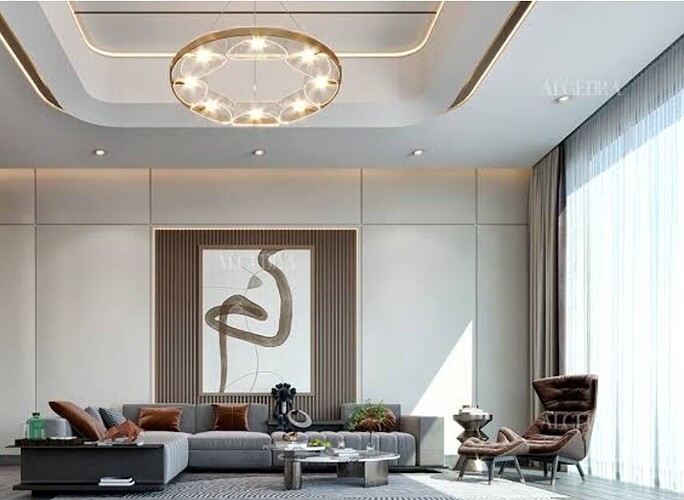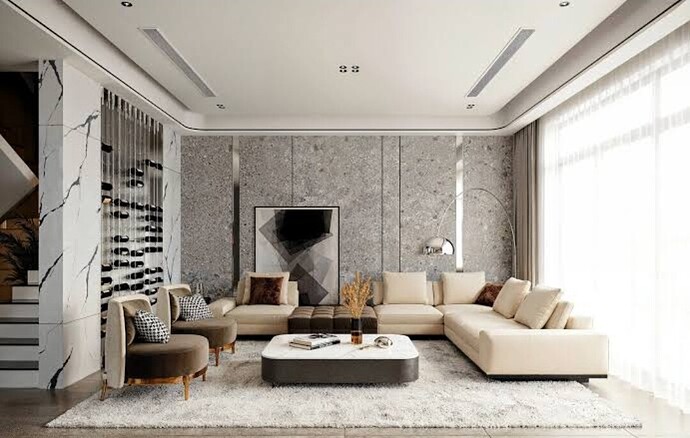In the modern home, technology and design are no longer separate elements—they work together to create a living environment that is both stylish and functional. Smart home integration allows homeowners to control lighting, climate, security, and entertainment systems effortlessly while maintaining a cohesive interior design. By thoughtfully incorporating technology, you can enhance convenience, energy efficiency, and aesthetic appeal, all without compromising style.
1. Understanding Smart Home Integration
Smart home integration refers to the use of connected devices and systems that communicate with one another, often controlled via a smartphone, tablet, or voice assistant. These can include smart lighting, thermostats, security cameras, speakers, blinds, and appliances. When incorporated into interior design, these devices are not only functional but also enhance the room’s overall look and feel. The key is to blend technology seamlessly into the environment, making it almost invisible while improving daily living.
2. Smart Lighting Solutions
Lighting is a crucial element of interior design, and smart lighting takes it to the next level. With programmable LED bulbs, dimmers, and color-changing options, homeowners can create different moods for various occasions. Smart lighting can be integrated into ceiling fixtures, under-cabinet strips, or wall-mounted sconces to enhance architectural features. Voice control or mobile apps allow for easy adjustments without affecting the room’s design, combining convenience and style effortlessly.
3. Climate Control and Energy Efficiency
Smart thermostats and automated HVAC systems allow precise control over indoor temperatures, improving comfort while reducing energy consumption. These devices can learn routines and adjust settings automatically, maintaining optimal conditions without manual input. Integrating climate control devices discreetly into walls or furniture ensures they complement the design rather than disrupt it. Energy-efficient smart homes are not only eco-friendly but also cost-effective in the long run.
4. Home Security and Automation
Smart security systems, including cameras, door locks, and motion sensors, enhance safety while integrating seamlessly with interior design. Devices can be concealed within walls, furniture, or decorative elements, preserving aesthetics. Automated systems can also control lights and appliances when homeowners are away, providing both security and convenience. Designing the home with these systems in mind ensures that safety features enhance the space rather than detract from it.
5. Entertainment and Connectivity
Home entertainment has become increasingly integrated with smart technology. Voice-controlled speakers, hidden projectors, and wall-mounted TVs provide immersive experiences without cluttering the space. Smart hubs allow all devices to be synchronized, ensuring that functionality doesn’t compromise design. Furniture can incorporate charging stations, cable management, and storage solutions to maintain a clean, modern aesthetic.
6. Design Considerations for Seamless Integration
To achieve a harmonious balance between technology and design, consider concealment, coordination, and consistency. Match device colors and finishes with room decor, hide wires and controls, and plan layouts to maximize functionality. Thoughtful placement ensures that technology supports the home’s design goals rather than competing with them.
Conclusion
Smart home integration in interior design offers the perfect combination of convenience, efficiency, and style. By incorporating lighting, climate control, security, and entertainment systems seamlessly, homeowners can create a living space that is functional, safe, and visually appealing. Thoughtful planning and careful design ensure that technology enhances the interior without overpowering it, resulting in a modern home that is both intelligent
and beautiful.

